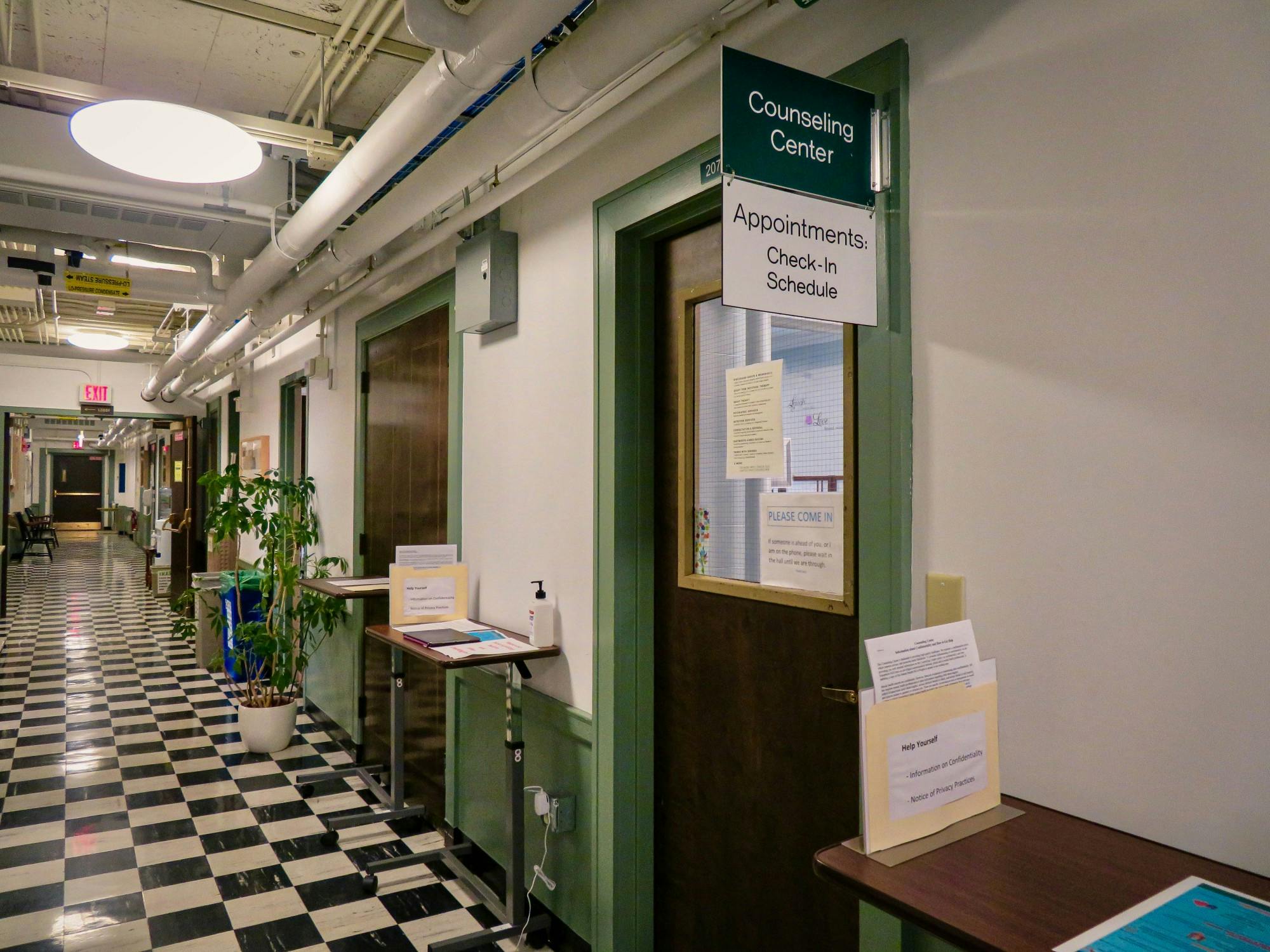As winter term approaches, the topic of seasonal affective disorder is becoming prevalent — especially because the most difficult months for people with SAD tend to be January and February. In the U.S., 5% of adults suffer from SAD, and the disorder lasts about 40% of the year.
SAD is a subtype of major depressive disorder, according to psychology professor William Hudenko. What makes it unique is the timing of the onset of the disorder — and this onset is “typically during the lower light, more winter months,” Hudenko said.
The change in seasons and decrease in daylight hours cause a shift in people’s biological clocks, resulting in a disruption in one’s daily schedule. SAD usually begins in young adulthood, and it is more common in women than men as well as in those already diagnosed with major depressive disorder or bipolar disorder.
Chandini Peddanna ’25 said she has already noticed the weather impacting both her social and academic motivation during the fall term.
“If I wake up and it’s sunny, [I feel that] this is gonna be a good day, but if it's gloomy, I [won’t] even want to go to class or hang out with my friends,” Peddanna said. “[SAD] stops you from going to class; it stops you from going to parties; it stops you from being happy.”
According to Hudenko, people won’t get a diagnosis of SAD unless they have had at least two prior depressive episodes. This is to ensure a person’s symptoms truly merit a diagnosis of seasonal depression and aren’t instead in response to a different stressor that happened to occur during the winter months.
When asked about the impact of the pandemic on seasonal depression, Hudenko said that the pandemic “has had a big impact on depression in general” and, therefore, increases the likelihood that more people will be diagnosed with seasonal depression. A large part of this stems from the social isolation the pandemic has caused, as well as things like economic constraints, according to Hudenko.
SAD is particularly prevalent “in the northern areas of the United States, like here at Dartmouth,” Hudenko said. When it comes to treatment options, he added, there has been a lot of research done into using light boxes and exposure to sunlight in general to treat seasonal depression.
Andrew Xu ’25, who is from New Jersey, is preparing for his first winter term at Dartmouth by beginning to think about how the change in weather may or may not impact him.
“I feel like this year will be a little bit tough because these winters are a bit harsher than where I’m from, so it will definitely be an adjustment period,” Xu said.
In particular, Dartmouth students are susceptible to being diagnosed with SAD for not only being located in the northern U.S., but for also being college students. A lack of regular routine — characterized by staying up late studying or socializing — often leads to many students sleeping in if they don’t have morning classes, leading to a decrease in early-morning Vitamin D exposure that is essential in combating SAD.
Regarding what Dartmouth students should do if they are struggling with seasonal depression, Hudenko recommends getting outside and being “in the sun a bit more.” Additionally, students should make sure they’re staying active because “exercise is quite good as a protective factor” for depression in general.
Peddanna, for example, is looking forward to “sledding and tubing,” as well as other winter activities that will help her best cope with SAD.
According to Hudenko, other ways to address SAD are by “maintaining connections and relationships with people” and potentially working with a psychotherapist or taking medication. There are additional resources available to Dartmouth students through Dick’s House. Students can borrow sun lamps, for example, by contacting the Counseling Center.
“If anything does [affect me], I know there’s a lot of resources on campus to help me, and I can always go to friends or talk to people from home [to cope],” Xu said.




